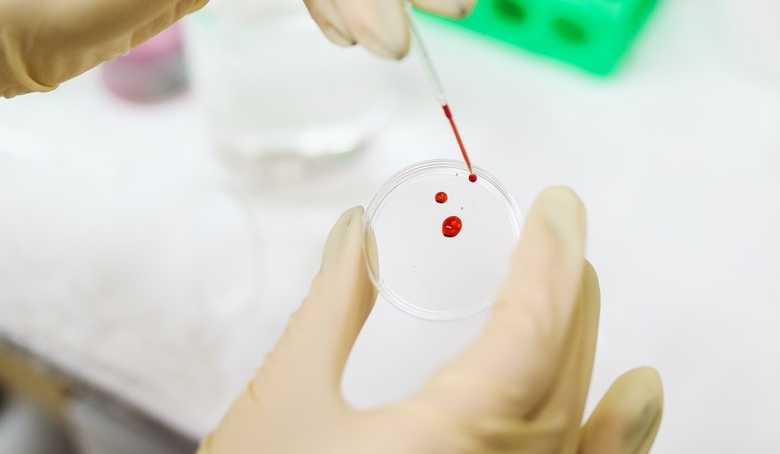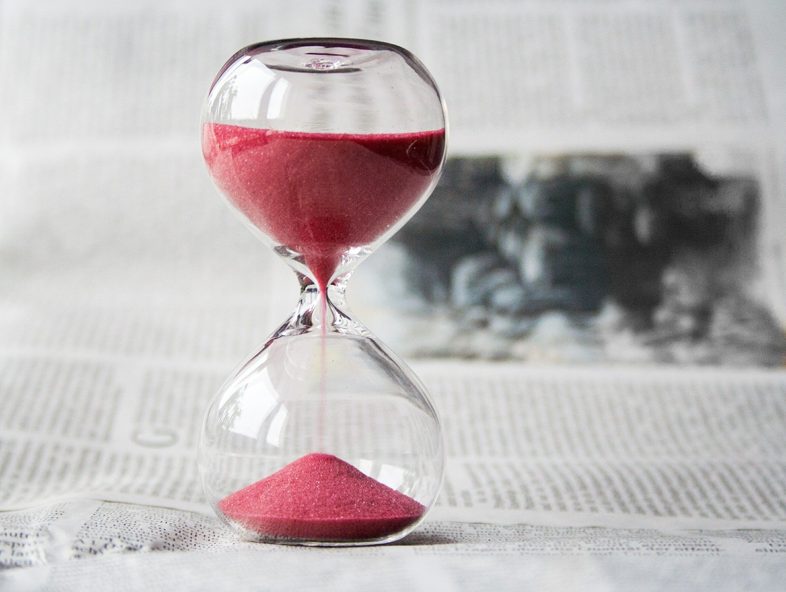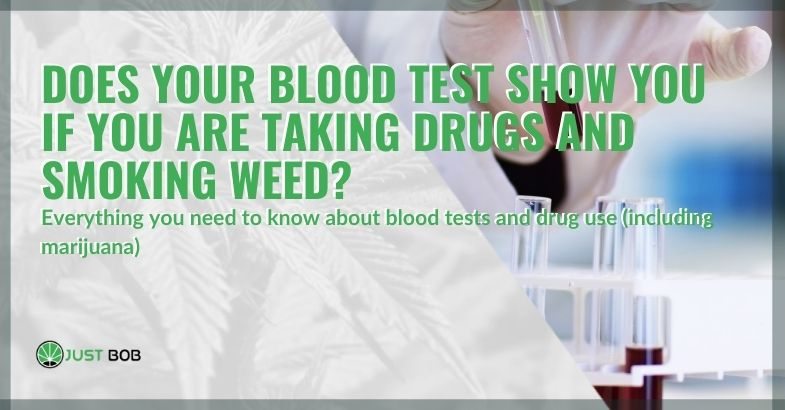Everything you need to know about blood tests and drug use (including marijuana)
Do you want to know if your blood tests show if you’re taking drugs? Yes, blood tests could reveal drug use, including marijuana. But first, they need to be targeted and second, not too much time must have passed since intake.
If you need to do blood tests and worry about the results for some reason, you will find all the answers you are looking for here in this article. We will tell you when it is possible to identify drug use in the tests and whether CBD cannabis can also cause problems.
Let’s start immediately.
What kind of blood tests detect drug use, and how do they work?

Blood carries the nutriment for the cells in our body, so every substance we consume necessarily passes through our circulatory system.
It is why blood tests can identify the possible use of drugs, alcohol, medicines, and much more.
In order for tests to prove drug use, they must evaluate the presence of substances or metabolites (i.e., substances that our bodies process to promote their assimilation). So, we’re talking about actual toxicology tests, not the usual blood test.
Whatever the reason for their taking place — screening, work reasons, different types of studies — blood toxicology tests can demonstrate the absorption of the following main substances:
- Alcohol
- Marijuana (primarily THC)
- Cocaine
- Amphetamines
- Natural (such as morphine) and semi-synthetic opioids (such as heroin)
- Phencyclidine and ketamine
- Benzodiazepines and barbiturates
However, blood tests have a limit: blood is a vector, so it retains the substances for a minimum time only.
Read also: Do munchies and cravings make you fat? Here is the truth
Blood tests on drugs: over the hours, they are not very effective
You have read so far that, to analyse alcohol and drug use, the use of special tests is mandatory. Drug use is not found in “normal” blood tests such as blood count, blood sugar, iron (for the passage of iron into the blood), etc.
However, we also said that blood would carry substances to the cells and that THC and other drugs could only be found in them for an extremely limited time.

There is no precise timing to give, since it all depends on the individuals’ metabolism … But one thing is sure: it is impossible to detect drugs in the blood after 24 to 30 hours after taking them.
Therefore, it is the perfect method to determine an individual’s psychophysical altered status — perhaps after an accident — but not to check whether substance use is regular or not.
In addition to blood tests, there are other drug tests.
What are other drug tests in addition to blood tests?
Traces of drugs can be found not only in the blood but in every part of the body as well. Therefore, in addition to haematological tests there are other drug tests that analyse saliva, urine, hair and sweat, with different timelines for evaluating the remaining traces.
The reference to “different timelines” refers to the period during which these tests cover the use of substances, in this case, one or more drugs. Our body absorbs all the substances we take and stores them for a limited period (different periods for each part of the body).
If the traceability time of the substance for blood toxicology tests is 24 to 30 hours maximum, but often much less, here is how fast drug use can be detected in other tests:
- Saliva: a few hours
- Urine: 2-3 days
- Sweat: one week
- The hairs/scales of the cure: months or even years, depending on the frequency and extent of drug use
There are also quick drug tests that you can buy at the pharmacy and that you can carry out in the privacy of your home to immediately get the answers you are looking for!
Read also: Cannabis experimentation in Switzerland: here are the details.
What about the THC in legal marijuana? Do blood tests and other toxicology tests detect its presence?
CBD weed is the name of legal marijuana with a tiny THC content (less than 0.2%) and a high CBD content (CBD is a non-psychotropic cannabinoid).
Although the use of legal cannabis is not permitted in the United States, some people may use it in the same way as illegal marijuana to take advantage of the effects of CBD, a substance with analgesic, anti-inflammatory, anti-convulsive and many other properties.
THC concentrations in CBD buds are deficient — otherwise, it would not be legal in the United States and throughout Europe — but the high consumption of CBD flowers could still be spotted in the most effective drug testing tests, such as laboratory tests.
In all cases, the amounts of tetrahydrocannabinol are so low that they are eliminated rapidly by the body. Therefore, there should be no concerns about the use of CBD cannabis (unless the tests are done immediately after consumption).
Other products derived from the hemp plant, such as CBD oil, do not contain THC and therefore their use is not detected by drug testing.
In summary, blood tests show if you are taking drugs, but only if they are intended for testing these particular substances. On the other hand, routine tests do not detect the presence of drugs in the blood and should not worry you.



